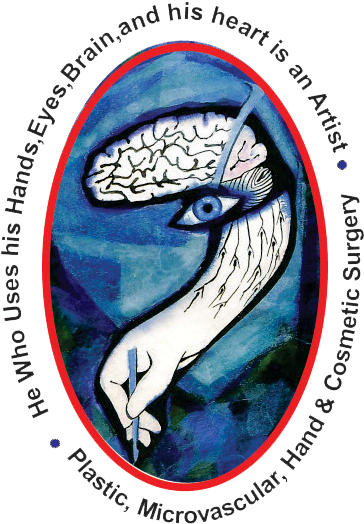Breast Reduction
If you have disproportionately large breasts that are causing neck pain, back pain, or other physical symptoms, you may be considering breast reduction surgery.
Most women who get breast reduction are very satisfied with the results. Men with conditions such as gynecomastia (in which male breasts are abnormally enlarged) may also get breast reduction.
Because it’s major surgery, you should know the benefits, potential complications, and what’s involved in recovery.
Your Consultation About Breast Reduction Surgery
Before breast reduction surgery, you will consult your surgeon. During your consultation, you’ll talk about your medical history, including whether or not you’ve had a lump removed from your breast or have any other medical conditions that affect your breasts. Your surgeon will also ask you about your family’s medical history.
Be completely open with the surgeon about your medical history and why you’re seeking a breast reduction. Be prepared to discuss any emotional issues you’ve dealt with regarding your breasts, how your breasts have physically felt to you, and any physical conditions you’ve had.
The surgeon may take photos of your breasts, measure them, and talk with you about how much breast tissue will need to be removed to achieve your goal. You will also learn about preparing for the surgery and planning for your recovery. You may get a mammogram and breast exam before the surgery.
During your consultation, your surgeon will ask about your habits, including whether or not you smoke and what medications you take. You may have to quit smoking for a period before and after surgery to ensure proper healing. You also may have to stop taking certain medications, such as aspirin or other anti-inflammatory drugs. Your surgeon will give you instructions about what you need to do.
Questions? We got Answers!
You need to be in good physical shape to ensure proper healing, so follow your surgeon’s instructions before and after breast reduction surgery.
Before you undergo surgery, you’ll need to get your home ready for your recovery. Have these things on hand:
- Plenty of ice
- Gauze and clean washcloths and towels
- Loose, comfortable T-shirts and blouses
- Special ointments or creams as recommended by your surgeon for the incision sites
You should also plan ahead for someone to drive you home and stay with you for at least the first night after the procedure, if you’re not staying in the hospital.
Immediately following the surgery, you will likely have some bruising and swelling, and the recovery process may take place gradually over the course of several months. Discuss your ultimate appearance goals with your surgeon before the surgery, so that you fully understand what to expect from the procedure.




